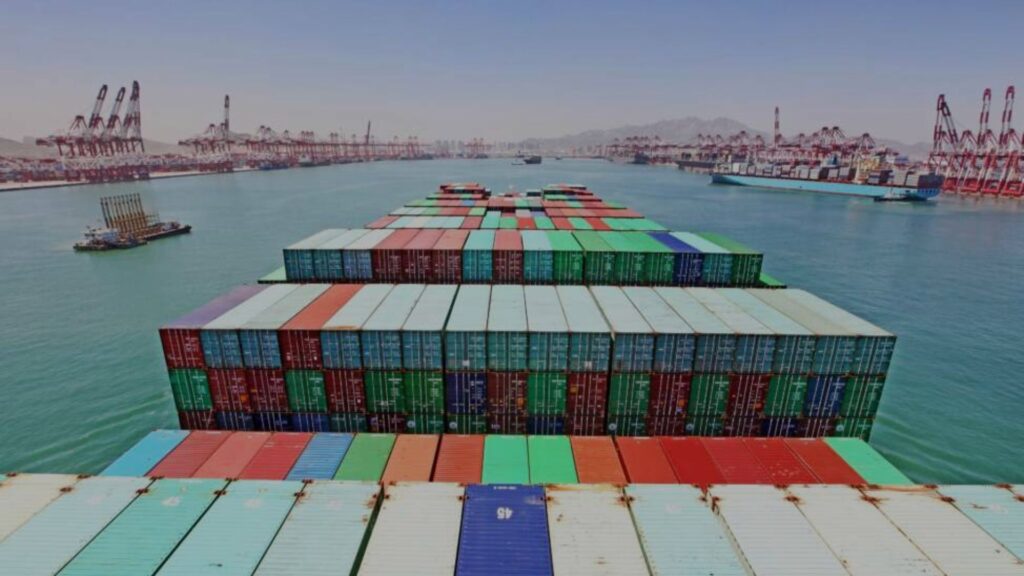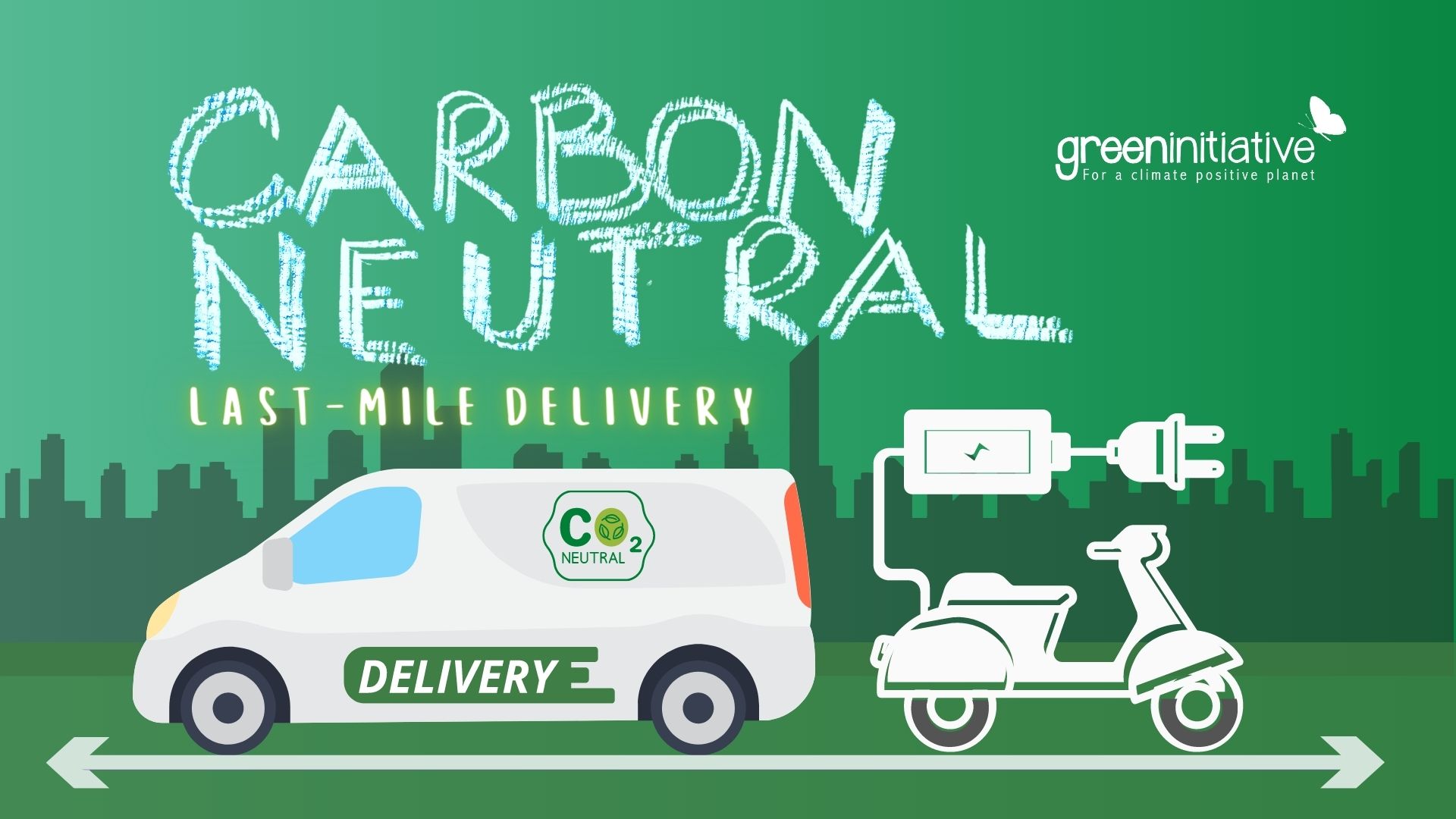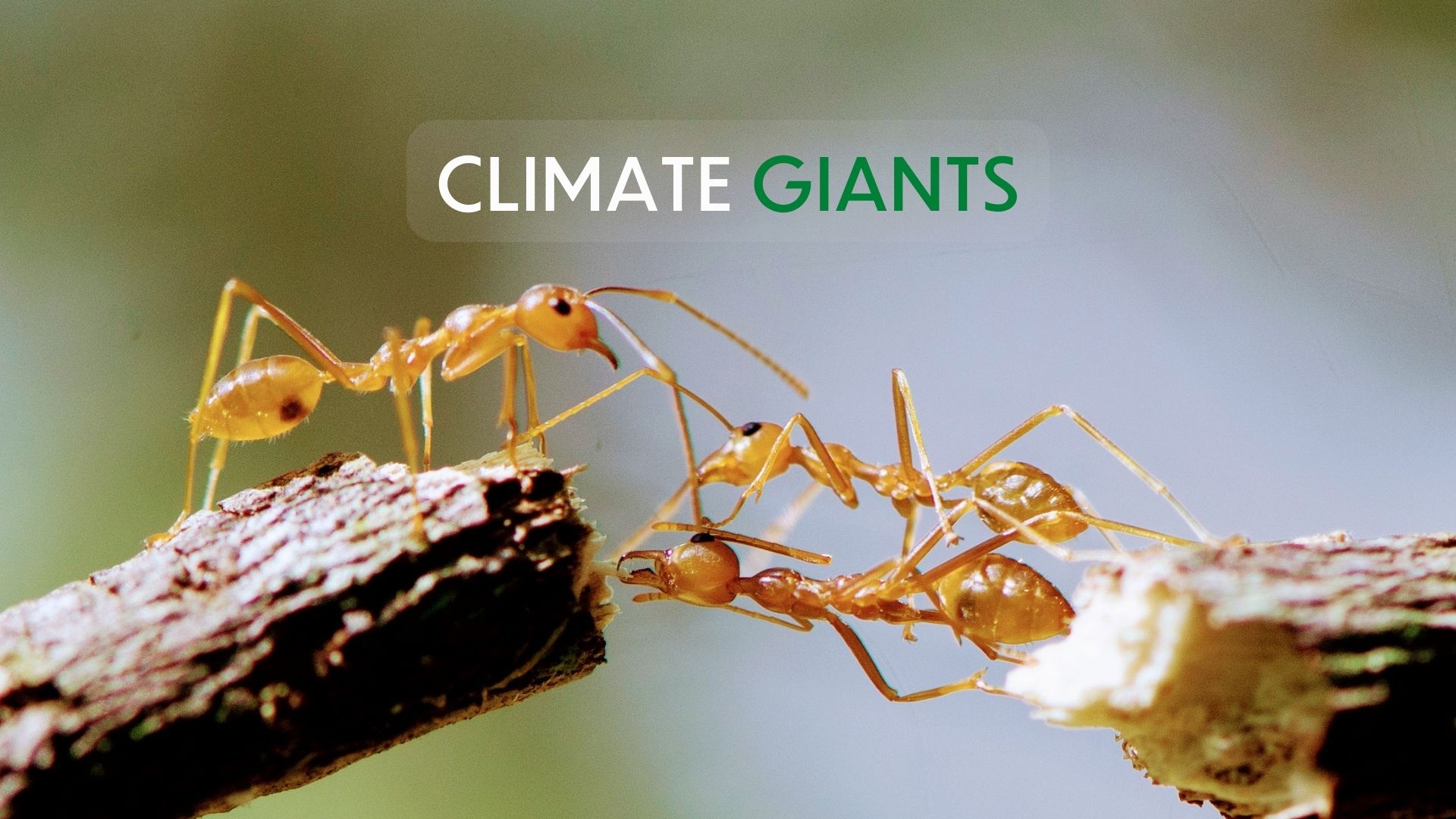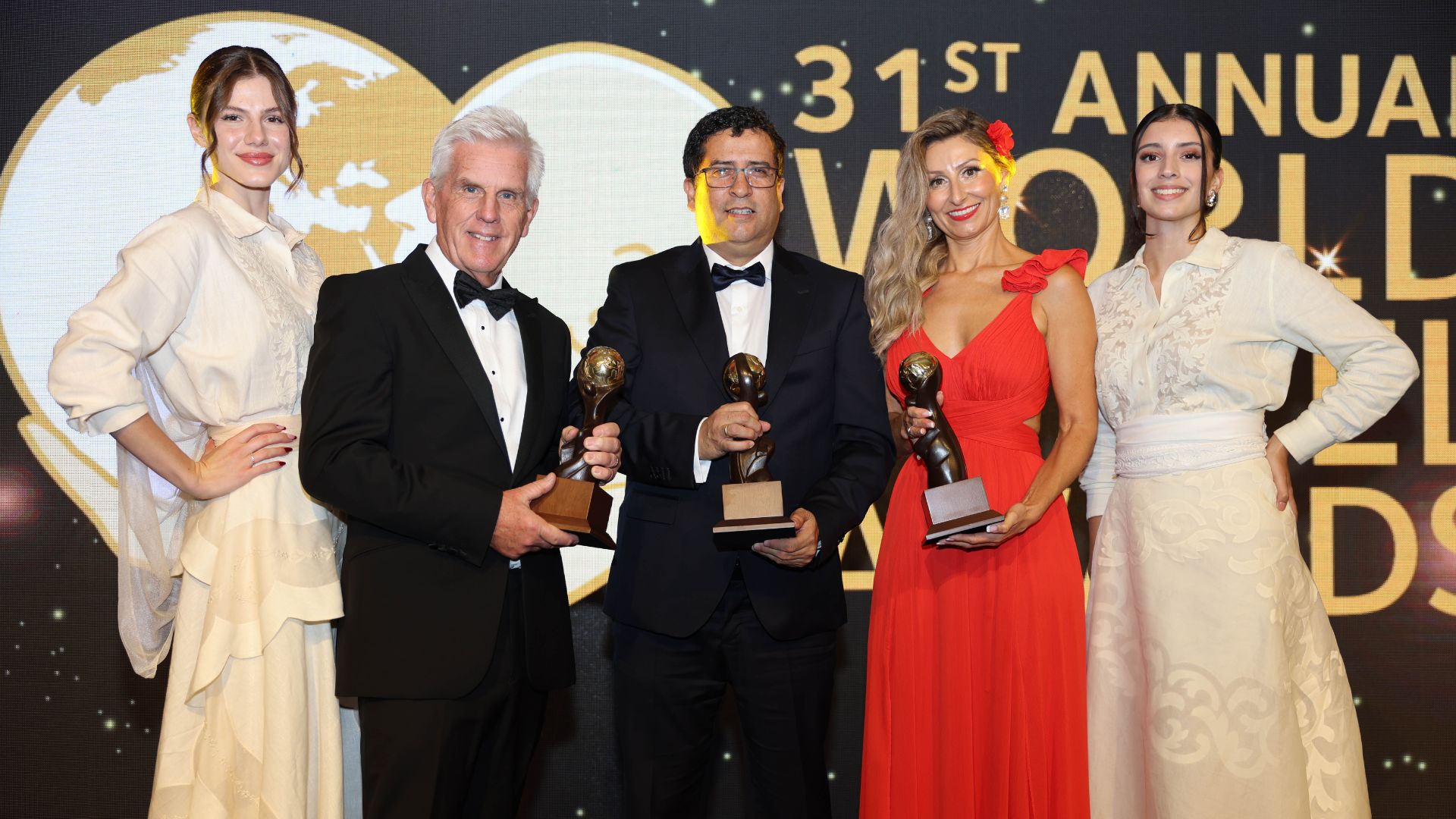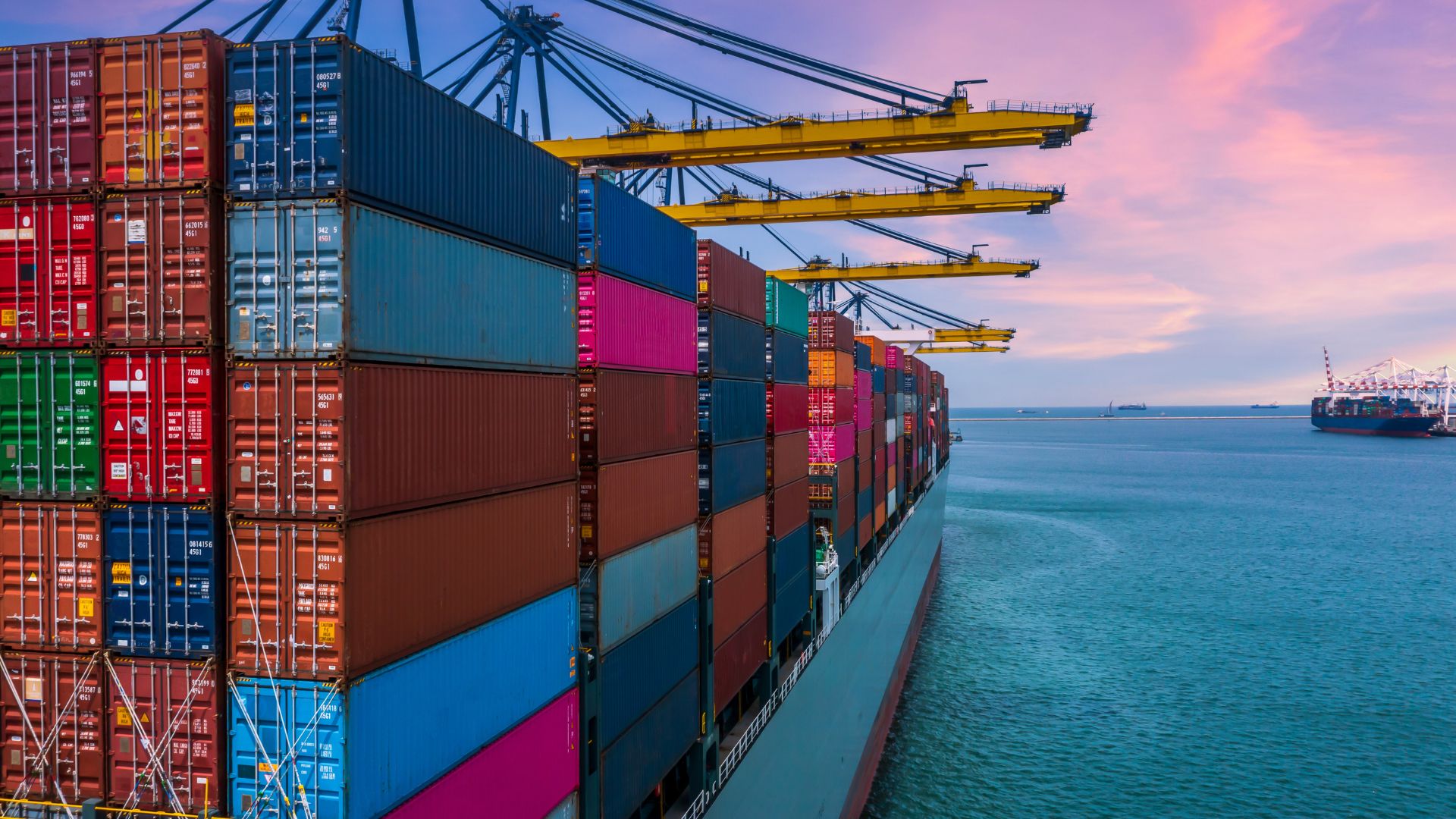The global logistics industry is currently undergoing a significant transformation due to evolving climate regulations worldwide. As the challenges to keep global warming below 1.5 degrees Celsius become more urgent, industries are increasingly incorporating climate mitigation goals into their core business models. This makes climate change a crucial factor for long-term business competitiveness. In this context, a. hartrodt, an international leader in the Peruvian logistics sector with extensive global operations, has proactively positioned itself ahead of these regulatory changes. They’ve integrated climate mitigation commitments into their operations, beginning with measuring the carbon emission of their corporate offices.
This initial step represents only the beginning of a more ambitious journey towards low carbon logistics. To achieve a significant impact, the company should pursue a more comprehensive analysis of its emissions, encompassing both direct and indirect ones throughout its entire value chain. By doing so, a. hartrodt will be able to innovate and offer its clients climate-intelligent logistics services that not only help them meet their own climate goals but also position them at the forefront of climate action.
It’s crucial for the logistics sector to understand that their services shouldn’t add to their clients’ carbon footprint; on the contrary, the companies that lead the market in the coming years will be those that manage to be part of the solution, not the climate problem, by offering low or zero carbon emission services. This strategic achievement not only demonstrates exceptional leadership in responsible logistics but also creates substantial competitive advantages in a rapidly evolving regulatory landscape.
The Regulatory Evolution Transforming Global Logistics
Climate regulation is fundamentally reshaping the logistics sector worldwide. The European Union’s Carbon Border Adjustment Mechanism (CBAM) now requires carbon documentation for EU-bound cargo, while California’s Advanced Clean Fleets Rule mandates zero-emission trucks, and Singapore’s new carbon efficiency requirements affect port operations. These regulations create immediate compliance challenges — companies face significant penalties for non-compliance, while also restricting market access for unprepared logistics services providers.
For a. hartrodt, with its extensive international operations, these regulatory changes present both a challenge and a significant opportunity. Companies that take the lead, like a. hartrodt, by progressively integrating climate mitigation management into their business model with clear decarbonization targets and transparent reporting, are well-positioned to capture substantial competitive advantages. These include significant cost savings through enhanced operational efficiency, priority access to regulated markets, and the ability to command premium pricing for verified low carbon services that offer higher rates than conventional logistics.
Beyond mere compliance, a. hartrodt’s proactive approach allows them to secure crucial first-mover advantages. This means avoiding the rush and higher costs associated with last-minute compliance, gaining access to a growing segment of climate-focused clients, and building valuable operational expertise that will become increasingly essential as global regulations continue to tighten.
Strategic Positioning Through Climate Action
Green Initiative technical assistance strategically positions a. hartrodt Peru within the evolving business landscape. This commitment not only helps the company develop new technical capabilities and foster innovative logistics services, but it also creates a more consistent value proposition that resonates with export-oriented industries and countries like Peru. This proactive approach ensures regulatory readiness by anticipating emerging regulations, including EU cross-border emission requirements, and offers credible validation of its climate commitments, building stakeholder trust and facilitating growth in regulated markets.
Furthermore, this initiative drives significant market differentiation, creating a clear competitive advantage in an increasingly environmentally conscious market and enhancing its appeal to clients navigating their own requirements. It also expands market access, opening new business opportunities, such as handling EU-bound cargo and forming alliances with companies that require verified environmental credentials in their supply chains. Finally, this strategic foresight enables proactive cost management for carbon-related expenses, thus avoiding reactive compliance costs that arise when regulations become mandatory.
a. hartrodt’s Roadmap: Leadership and Resilience in Climate Logistics
The experience gained so far sets the stage for a. hartrodt Peru to continue and deepen its climate journey, advancing to a higher level of action and commitment. With these initial achievements, the company is solidly positioned to develop comprehensive climate strategies that will not only maintain its competitive edge in a constantly evolving global regulatory environment, but also solidify its role as a key player in the sector. This proactive commitment and the pursuit of transparency and sustained progress are key for a. hartrodt Peru to remain consistently ahead of regulatory requirements, including both future Peruvian climate policies and expanding international trade regulations. a. hartrodt’s anticipatory stance not only enables it to capitalize on emerging opportunities but also builds lasting resilience against future regulatory challenges.
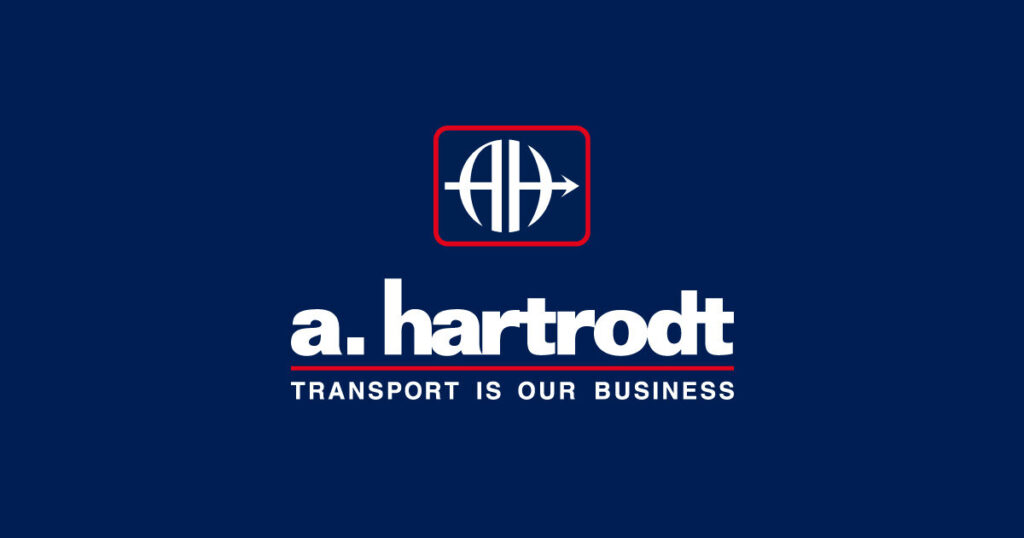
Ready to lead your logistics operations into a climate-positive future?
Contact us today to learn how Green Initiative can support your company in developing science-based strategies, achieving compliance, and unlocking competitive advantages through climate action.
📩 Reach out here

This article was written by Musye Lucen from the Green Initiative Team.

